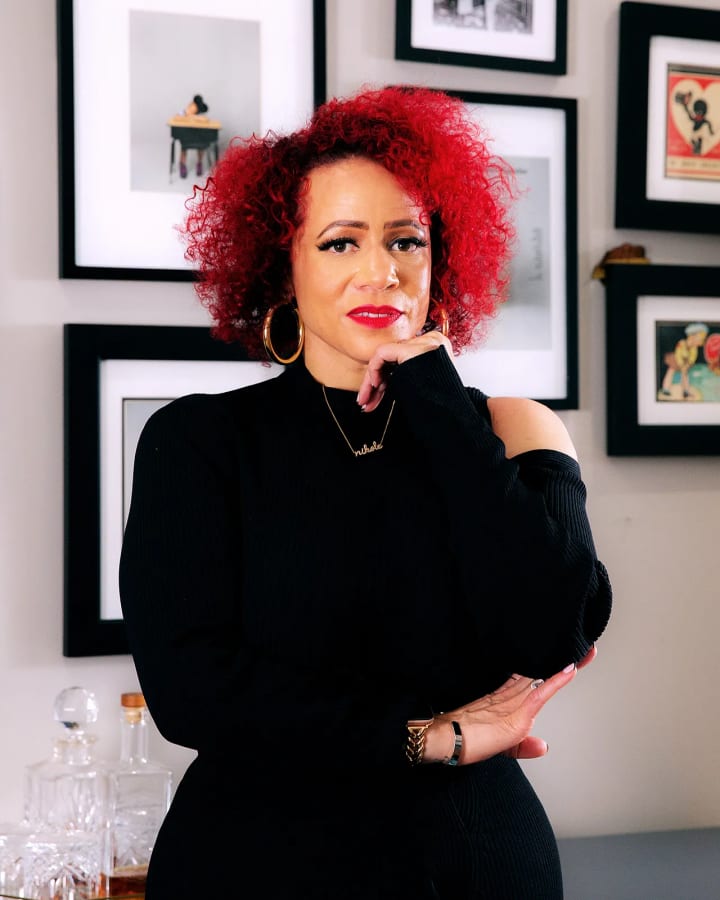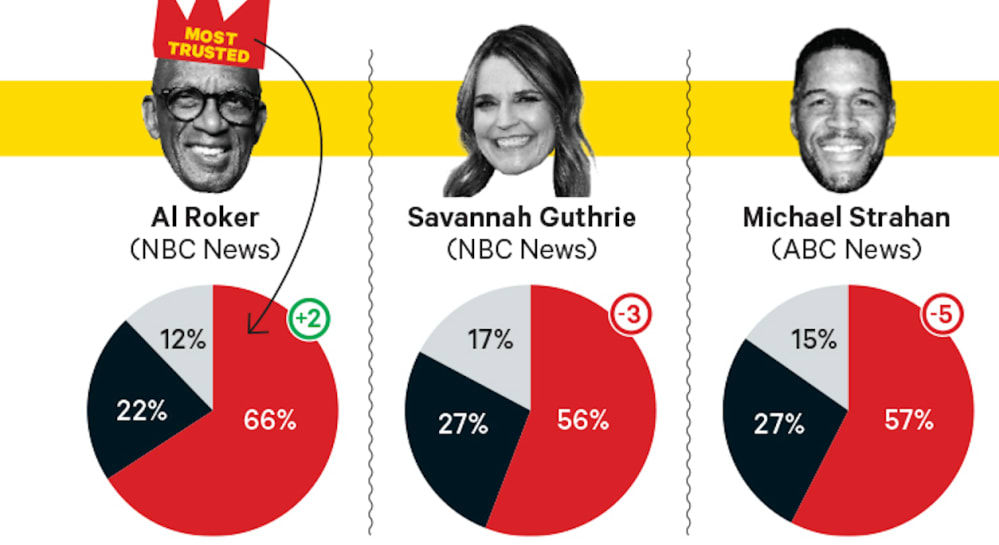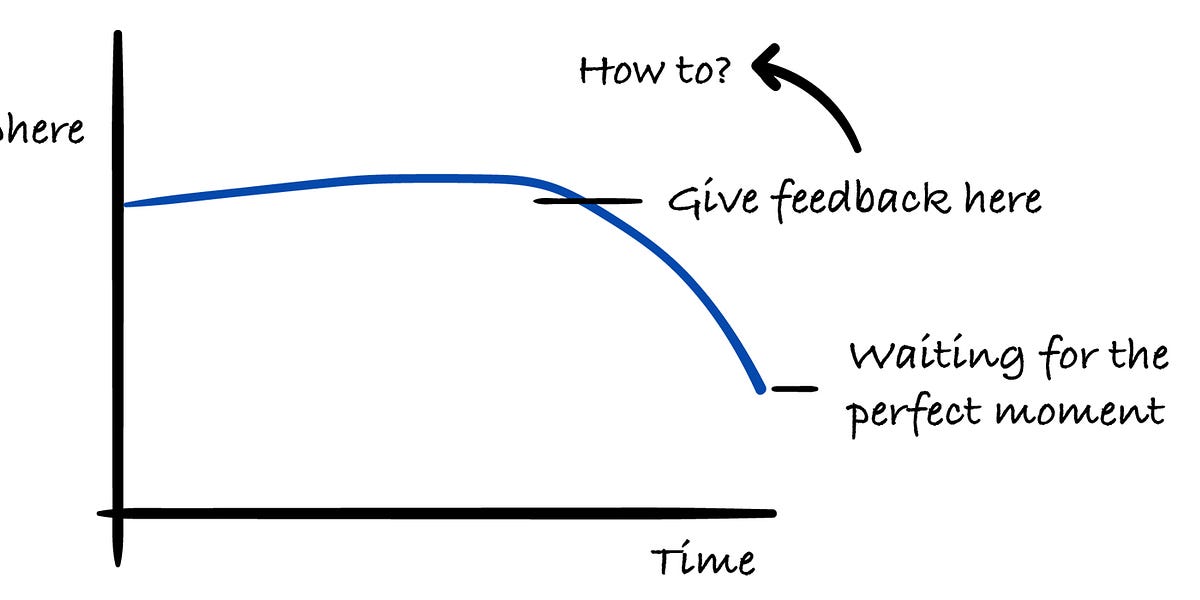The message came from an exasperated reader, responding to yet another story on how a legacy media operation was seeing its journalistic mission upended by opportunistic owners.
How can I figure out what news outlets to trust?
In a way, this is a companion piece to the essay I just wrote about the recent Pew survey on media trust, which found historic lows among those polled on the question of whether the trust media outlets to report the new accurately.
But The Hollywood Reporter found those numbers are different when you ask about specific journalists who they may follow and trust. The graphic below shows some of their results.
The answer to that beleaguered reader’s question lies in something I have been saying for many years in speeches and presentations – an idea news consumers still have a tough time believing.
The audience has never had more power over the media industry than it has right now.
I know it doesn’t feel like it. Particularly, if you are a fan of legacy outlets which have recently lost the plot in various ways, from the Los Angeles Times and Washington Post to CNN and CBS News. Every time a fresh headline lands about layoffs, bizarre executive hires and questionable coverage decisions, it can feel like you’re trapped on a news feed rollercoaster that takes you wherever it wants.
But audiences today have a lot more control over what news they consume and how they do it. Armed with cellphones that can bring the world’s disasters to our front door, we also have more ability than ever to skim across a multitude of news platforms to compare coverage or sample reporting. And our online views are tracked closer than ever, with views, likes, shares and time spent on a platform tabulated in all sorts of ways.
If you see coverage which seems wrong, irresponsible or purposefully lacking, you can speak up about it yourself on Tik Tok, Instagram, X//Twitter, Threads or any number of social media platforms. You can cancel your subscriptions to streaming services and media platforms. And if enough people agree with you, the industry will pay attention.
Just ask executives at Disney in the wake of Jimmy Kimmel’s suspension and reinstatement.
But, as the Spider Man comic books once noted, “with great power there must also come — great responsibility.” Which means news consumers need to be more engaged in vetting the news sources they consume, like someone concerned about their weight might pay more attention to what they’re eating.
Here’s a few suggestions for how to navigate our new, challenging news media reality.
FIND INDIVIDUAL JOURNALISTS TO TRUST – This has been true for a while. But increasingly, as places like The Los Angeles Times and Washington Post overhaul their opinion sections with seemingly more Trump-friendly initiatives, it becomes more important to identify specific reporters and columnists who are honest brokers and follow their work, regardless of where they are published.


Michelle Norris and Nikole Hannah-Jones, two of my journalism go-tos.
For me, I’m always consuming work by Frank Bruni, Eric Wemple, Molly Jong-Fast, Ta-Nehisi Coates, Nikole Hannah-Jones, Drew Harwell, Oliver Darcy, Brian Stelter, Michel Martin, Robin Givhan, Anderson Cooper, Sara Sidner, Trymaine Lee, Michele Norris, Sonari Glinton, Steve Inskeep and many others, regardless of where they work. Paying attention to who is crafting the news narratives you consume and returning to those who seem to do it well may be more important than finding the one magical outlet you can always trust. Because that does not really exist.
DON’T LET THE PERFECT BE THE ENEMY OF THE GOOD – I’ve gotten lots of messages from news consumers who reacted badly to coverage of a particular issue or a particular news story and then turned away from a news outlet or platform. But its a frustrating fact about modern media that many outlets — especially the big, legacy platforms — can do great work and terrible work in the same moment. So I think the decision to cut off a news outlet should come after some careful thought and observation of coverage over a period of time or over several issues. Referencing the previous tip, it may be possible that you don’t like the reporter covering immigration for a particular outlet, but the person on the Supreme Court is on target. What I think is most important, is not to give up on the journalists who are trying hard to offer fair ethical coverage, even while facing pressure from partisans in the field, the government, and sometimes their own bosses.
BE SKEPTICAL OF THOSE TELLING YOU WHAT YOU WANT TO HEAR - I’m, not just talking about Fox News Channel, though it has turned that dynamic into a billion-dollar business which has reshaped media and government in ways we are only now beginning to understand. I’m talking about being careful about assuming a podcaster, Substacker or independent journalist is somehow more virtuous or correct just because they don’t work for a big legacy media outlet and talk about issues in the way you believe. Or watch out for friends passing along stories on Facebook or Instagram which perfectly sum up the state of the world. The destabilization of media has created lots of opportunities for many different people to appeal directly to an audience with varying degrees of skill, accuracy, trust and quality.
LEARN WHAT OUTLETS ARE GOOD AT COVERING – From my perspective, the Wall Street Journal has often offered excellent fact-based reporting, especially of financial news. But their op-ed page was often a haven for some pretty off-the-wall stuff. When I want up-to-the-minute reporting on a breaking news event, cable newschannels like CNN are great. But I refuse to keep them on for long stretches because of their tendency to use provocative argument panels and repetitive reporting to keep viewers engaged. Find outlets which are good at covering the things you find important and consult them on those subjects. But realize that, even though they cover other things, they may not cover them quite as well.
LEARN HOW TO JUDGE NEWS OUTLETS’ WORK - There are few things you can look for to see if a news platform is doing its work accurately and ethically. Look for transparency - Do they have clear labels between news reporting and opinion? Are they forthright about admitting errors and correcting them? Are they open about consulting a wide range of sources and reporting on them fully? Do they have reporters with expertise and a track record of fairness? Are they willing to denounce misinformation and disinformation no matter what political side offers it? Look for an agenda and how transparent they are about it.
MSNOW - I’m tempted to call it The Cable Newschannel Formerly Known as MSNBC - just released a list of news standards vowing that its pundits would base opinions on accurate facts, committing to correcting mistakes promptly and giving subjects of stories a chance to comment before publication. They seem to be trying to separate their news reporting from the their liberal-centered punditry, establishing fairness standards for both. If done well, that can produce ethical results that might be focused on liberal concepts in a way that is obvious to the audience and fair to contrary ideas. Which helps you decide whether to include it in your mix of news sources.
SHIFT YOUR NEWS MIX OCCASIONALLY – Even if you have a set array of news platforms you consult for information — I call it your “news ecology” — make an effort to occasionally find new sources of information you can sample. Not only does this help break down the information silos we can all fall into, it can open up the algorithms on your various online services to bring you a wider range of material. The biggest advantage news consumers have in this moment is their ability to navigate a wide range of platforms quickly. Take advantage of that situation to expand your news ecology occasionally - never know what cool stuff you might discover.
.png)









